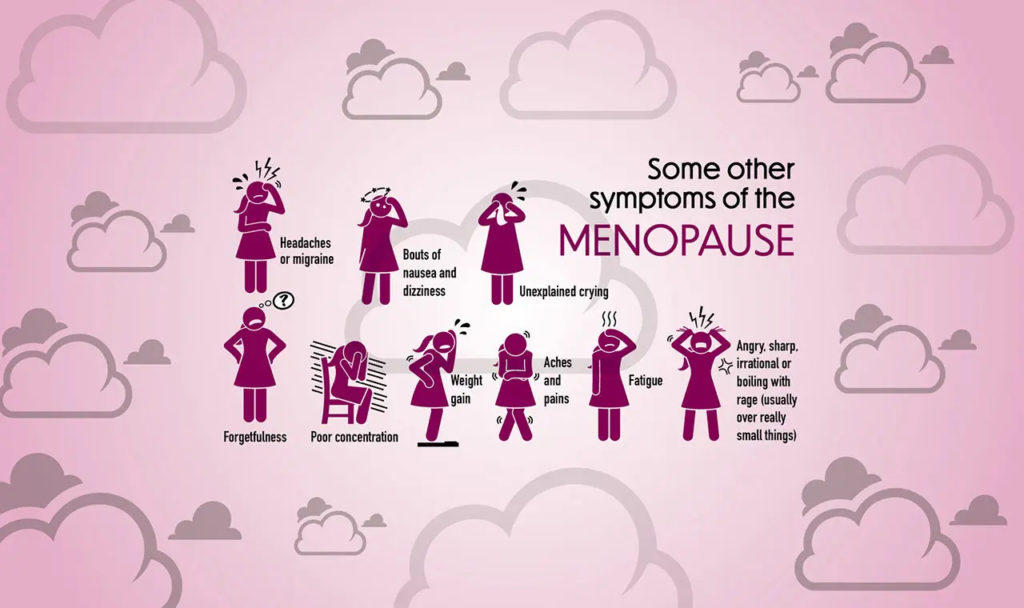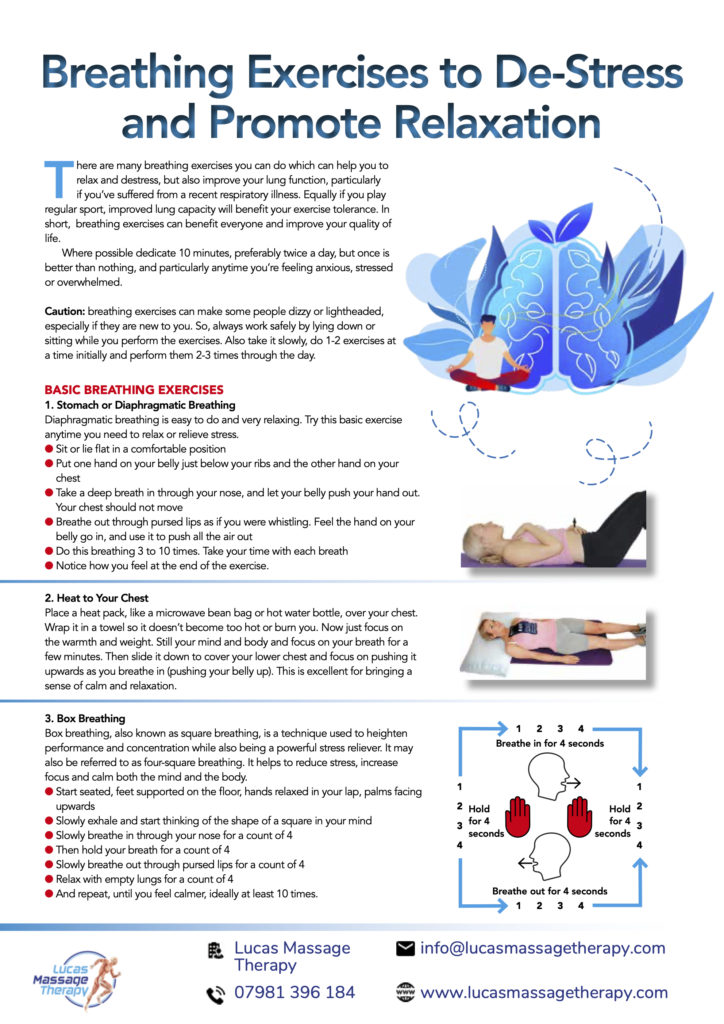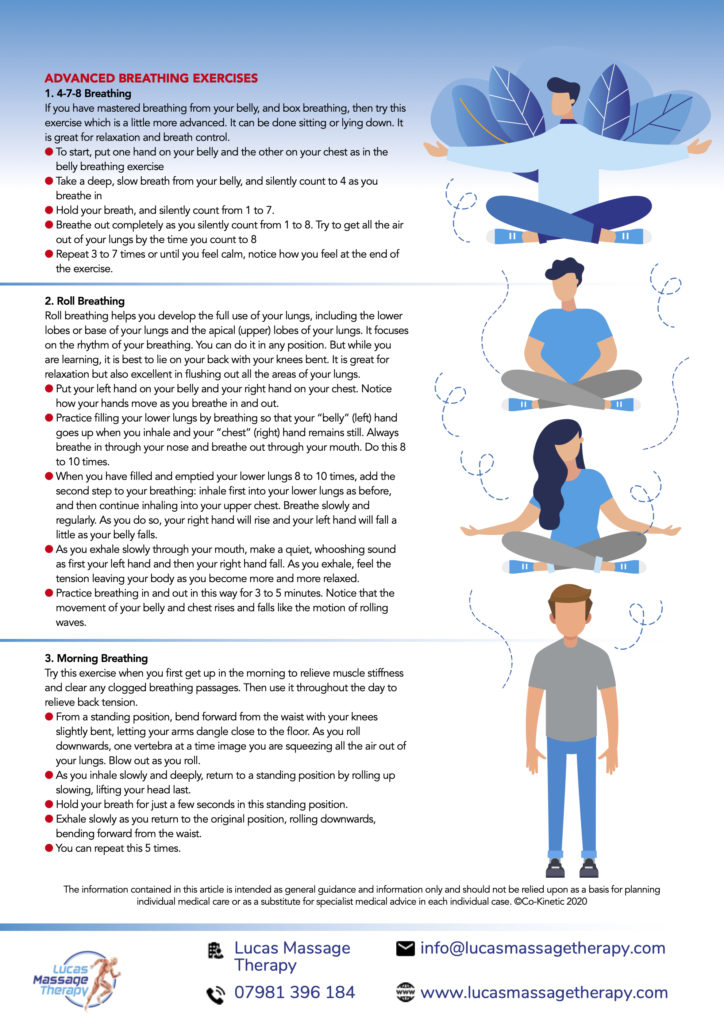11 Best Tips to Master Your Menopause
Women experience menopause as they age, which involves hormonal changes and can make them feel quite different from their usual selves. Menopause is officially defined as the absence of periods for a full year and typically occurs between the ages of 50 and 52. Prior to menopause, women go through a phase called perimenopause, which can last for 4 to 8 years. This period can be confusing for women, as some may start experiencing menopausal symptoms in their 40s.
Changing menstrual cycles, hot flashes, mood swings, vaginal dryness, and sleep disturbances are the predominant symptoms associated with menopause. Hot flushes, in particular, are reported by a majority of women, making it the most frequently experienced menopausal symptom.
Menopause typically occurs when the levels of the hormones oestrogen, progesterone, and testosterone produced by the ovaries naturally decrease. However, the decline does not happen suddenly, and it is the fluctuating levels of oestrogen and progesterone that can affect the neurotransmitters in the brain, leading to mood swings and anxiety. These changes in oestrogen levels also cause hot flashes and night sweats, which can disrupt sleep. Insufficient or low-quality sleep is known to increase the risk of depression, anxiety, and mood swings, thereby contributing to disrupted sleep patterns. This creates a harmful cycle.
Menopause should not be seen negatively. It can be a transformative phase characterized by personal development, increased self-awareness, and improved well-being. The following suggestions aim to assist you in navigating the difficulties that may arise during this time.

1 Master Your Menopause
Maintain optimal levels of oestrogen to support various aspects of your well-being. Oestrogen plays a crucial role in cardiovascular health, fat metabolism, reproduction, sexual satisfaction, maintaining strong bones and healthy skin, as well as uplifting your mood. Insufficient oestrogen can impact multiple bodily systems, affecting both your physical and mental health. It is advisable to consult with a doctor to explore potential treatment options.
2 Master Your Menopause
Include Progesterone Progesterone functions as a ‘brake pedal’, balancing oestrogen and providing calming effects. It improves sleep and promotes emotional tranquillity.
3 Master Your Menopause
Control Your Cortisol (Stress) Levels The stress you encounter can be a combination of physical and emotional factors, triggering the secretion of cortisol (the primary stress hormone). This hormone promotes inflammation and can contribute to long-term health issues. Engaging in activities like regular exercise, yoga, meditation, or receiving a massage can help alleviate stress and consequently lower cortisol levels. You might have your own methods of dealing with stress, such as painting or cooking. Discover what works best for you and make it a regular practice, as your stress levels may vary during menopause.
4 Master Your Menopause
Did you know about these? Unlikely. These are tiny glands located atop your kidneys. With age, they become more significant as they assume much of the hormone production previously managed by your ovaries. Today’s world puts immense strain on these small glands due to rising stress, sedentary lifestyles, alcohol, smoking, and unhealthy eating habits. Prolonged stress on these glands may result in adrenal fatigue or insufficiency. Ensure their well-being by effectively managing stress levels and adopting a healthy lifestyle.
5 Master Your Menopause
The thyroid plays a vital role in regulating energy levels in the body. Its main function is to produce hormones that control the metabolic rate. During menopause, lower estrogen levels can impact metabolism and the utilization of glycogen and fats. If you’re experiencing fatigue and low energy due to factors like lack of sleep, excessive workload, or high-stress levels, the thyroid is responsible for allocating energy for various bodily tasks. Lifestyle choices can also affect the thyroid and energy levels. Optimal thyroid function relies on the absorption of iodine from your diet. Good sources of iodine include fish (such as cod and tuna), other seafood, dairy products, and iodized salt.
6 Master Your Menopause
Engaging in physical exercise releases endorphins, commonly known as ‘happy’ hormones, which can relieve stress and boost your mood. Yoga and Pilates have the potential to alleviate headaches, aches, and pains, as well as promote muscle growth to counteract weight gain often experienced during menopause. To make exercise more enjoyable, consider involving your spouse, and friends, or making it a family activity. Prioritizing self-care time alongside exercise is equally advantageous. Exercise can effectively address symptoms such as low mood, anxiety, sleep disturbances, and fatigue.
7 Master Your Menopause
Start a dialogue and share your experiences openly to receive assistance, support, and empathy from loved ones and possibly a counsellor. Don’t feel compelled to conceal your symptoms or struggle. Menopause should not be a forbidden subject; it is a natural transitional phase that all women undergo, similar to puberty in boys and girls. By initiating discussions, you can contribute to eliminating the stigma surrounding menopause.
8 Master Your Menopause
Engaging in sexual intimacy provides a means of stress relief and an opportunity to foster a sense of connection with your partner. Nevertheless, numerous women experience self-consciousness or discomfort regarding their bodies during menopause. Decreased levels of estrogen can lead to vaginal dryness, making sex uncomfortable or even painful. Consequently, when it is most needed, sexual activity is often avoided. Sustaining a regular sexual relationship within a trusted partnership encourages women to prioritize beauty rituals and physical fitness throughout all stages of life. It may be necessary to explore the use of surface lubricants and vaginal suppositories to address natural changes in moisture levels.
9 Master Your Menopause
Maintain a healthy diet by making wise choices, without overeating. Your body is undergoing changes, and it may need different vitamins and minerals from a well-balanced diet. It is important to pay attention to these needs. Certain foods can reduce the risk of mood swings and lack of concentration, while also promoting strong bones and reducing the likelihood of fractures. Additionally, they can help prevent weight gain.
For example: l Omega-3 fatty acids support healthy brain functioning and lower risk of depression. l Vitamin D and calcium fortify bones and increase energy. l Chromium can help address problems with weight gain, such as high blood pressure and increased risks for diabetes. l Green tea provides health benefits from compounds such as anti-oxidants and amino acids that can be very calming. l A diet high in processed foods and refined carbs/sugars is associated with a higher risk of depression and worse bone health. l Irregular eating, like skipping meals, can affect your metabolism and hinder weight loss post-menopause.
For instance:
● Omega-3 fatty acids promote optimal brain function and reduce the likelihood of experiencing depression.
● Vitamin D and calcium strengthen bones and boost energy levels.
● Chromium can assist in addressing weight gain issues, including high blood pressure and the heightened risk of diabetes.
● Green tea offers various health benefits due to its antioxidants and amino acids, which can have a calming effect.
● Consuming a diet that is high in processed foods and refined carbohydrates/sugars is linked to an increased risk of depression and poorer bone health.
● Irregular eating patterns, such as skipping meals, can impact metabolism and impede weight loss after menopause.
● Including high-quality protein in your diet may prevent the loss of lean muscle mass, aid in weight loss, and help regulate mood and sleep.
● Consuming an adequate daily amount of water (8-10 glasses) can help prevent weight gain, assist in weight loss, and reduce dryness in the skin.
● Foods rich in phytoestrogens, such as soya beans, soy products, tofu, tempeh, flaxseed, linseed, sesame seeds, and beans, may have a slight impact on reducing hot flushes and the risk of heart disease.
● It is advisable to avoid trigger foods such as caffeine, alcohol, and sugary, and spicy foods, as they can worsen symptoms like hot flashes, night sweats, and mood swings. The abundance of information on supplements can be overwhelming and expensive. It is recommended to consult a trusted healthcare provider to discuss your diet and determine if any supplements are necessary during this period.

10 Master Your Menopause
Find professionals specializing in women’s mental health and reproductive health to seek proper care. Various healthcare providers have distinct approaches to the transition into menopause. Don’t endure unnecessary suffering when you have the opportunity to embrace a fulfilling life and maintain meaningful relationships.
Your support team may consist of conventional healthcare practitioners who oversee hormone replacement therapy and conduct regular mammograms and bone mineral density scans. Additionally, psychologists, psychiatrists, counsellors, women’s health physical therapists, acupuncturists, yoga instructors, nutritionists, sex therapists, and others could be part of your support network, providing relief as needed.
11 Master Your Menopause
Mastering the Art of Self-Tracking and Monitoring your symptoms will empower you with a greater sense of command over your mental well-being during menopause, allowing you to feel less vulnerable to the ups and downs of hormonal changes. Additionally, documenting your accomplishments in adhering to an exercise regimen can serve as excellent motivation to stay on track. These practices will also enable you to pinpoint any triggers that might intensify your symptoms, as well as identify effective strategies for alleviating them, which can prove immensely advantageous.
Try out various options, as what proved effective for your friend may not yield the same results for you, and vice versa. Remember that many other women are facing similar symptoms and challenges, which can bring solace. Look for virtual support communities, engage in conversations with friends, or seek advice from your mother or aunts. Prioritize your well-being in a fresh and dedicated manner; take responsibility for your stress levels; practice patience towards yourself and others. Above all, keep having fun and embracing joy in life, as laughter and positive experiences have an instant harmonizing effect on the body’s biochemistry.
This, also, shall come to pass. Whatever affliction you may currently endure shall not endure indefinitely. Menopause is not a malady; rather, it is a natural phase of existence. While its manifestations can present challenges, perchance these suggestions shall aid in mitigating and/or averting them.
Breathing Exercises to De-Stress and Master Your Menopause



Your Complete Guide to Menopause Wellbeing Download Lucas Massage Therapy free resource pack to find out everything you need to know about menopause, Exercises During Menopause from the science behind the changes occurring to the best ways to relieve negative symptoms and specific exercises for areas of the body most affected by the changes.
You’ll learn:
- How lowered levels of oestrogen affect the body
- The ‘Seven Symptoms’ of the menopause (and how to deal with them).
- How to exercise during menopause and diet to combat the changes occurring
- Why your bladder might become weaker and how to control it
- Tips for managing your mental health during this challenging time
- Menopause treatment and much, much more
The Lucas Massage Therapy free leaflets cover:
- Mastering the Menopause
- Seven Unwelcome Symptoms of Menopause and Strategies for Surviving Them
- 11 Strategies for Mastering Your Menopause and Saving Your Sanity
- The Busy Bladder
- Why You Should Do Exercises During Menopause
- Great Ways to Get Physical During Menopause
- How Menopause Affects Your Pelvic Health
- Exercises During Menopause for the Pelvic Floor

